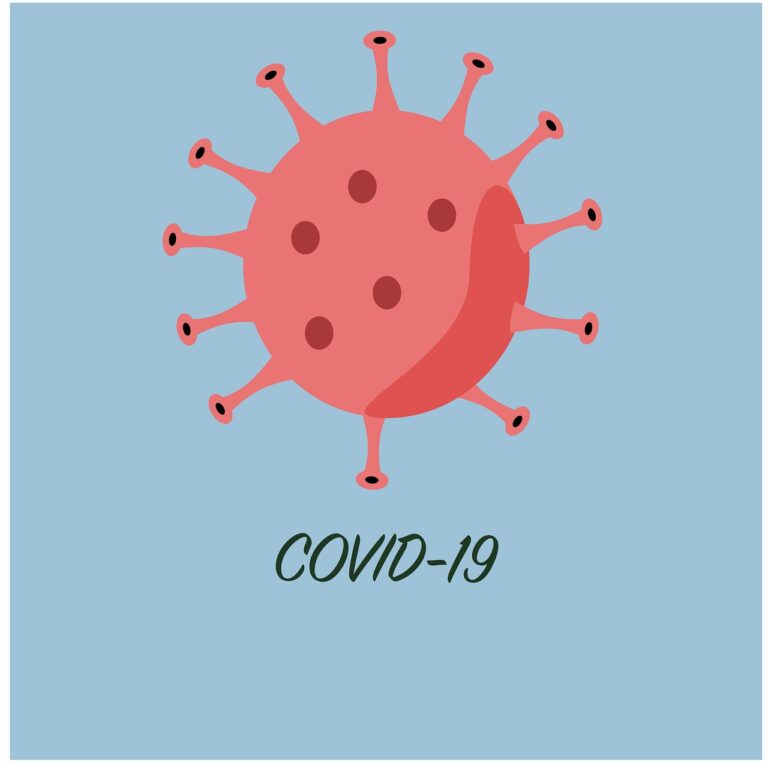The Role of Mindfulness in Pain Management: Techniques for Coping
Pain perception is a complex phenomenon that involves the nervous system and the brain working in tandem to interpret and respond to painful stimuli. When an individual experiences pain, specialized nerve fibers known as nociceptors send signals to the brain to indicate potential tissue damage. These signals are then processed in various brain regions responsible for interpreting the intensity, location, and quality of the pain.
Moreover, factors such as past experiences, emotions, beliefs, and expectations can significantly influence how pain is perceived and tolerated. For instance, individuals with a history of chronic pain may have heightened sensitivity to pain due to changes in the way the brain processes and responds to pain signals. Additionally, psychological factors like stress, anxiety, and depression can amplify the perception of pain, leading to a more intense experience of discomfort.
The Connection Between Mindfulness and Pain Management
Mindfulness practices have shown promising results in helping individuals manage and cope with pain. By cultivating awareness and non-judgmental acceptance of present moment experiences, individuals can learn to observe their pain without becoming engulfed by it. This shift in perspective can lead to a reduction in suffering associated with pain, allowing individuals to better regulate their emotional responses.
Research has suggested that mindfulness techniques can be effective in not only reducing the intensity of pain but also improving overall well-being. By focusing on the breath, body sensations, and thoughts in a non-reactive manner, individuals can develop a greater sense of control over their pain experiences. This increased sense of self-efficacy can empower individuals to actively participate in their pain management, leading to improved physical and psychological outcomes.
What is pain perception?
Pain perception is the way in which our brains interpret and process signals from our nerves that indicate damage or potential harm to our bodies.
How does mindfulness relate to pain management?
Mindfulness can help individuals manage pain by increasing their awareness of their thoughts, emotions, and physical sensations, allowing them to develop a healthier relationship with pain.
Can mindfulness completely eliminate pain?
While mindfulness can be a powerful tool in managing pain, it is important to note that it may not completely eliminate pain but can help individuals cope with it more effectively.
How can someone incorporate mindfulness into their pain management routine?
One can incorporate mindfulness into their pain management routine by practicing techniques such as meditation, deep breathing, body scans, and mindful movement exercises.
Are there specific mindfulness techniques that are more effective for pain management?
Different individuals may find different mindfulness techniques more effective for managing pain, so it is important to explore and find what works best for you through trial and error.





